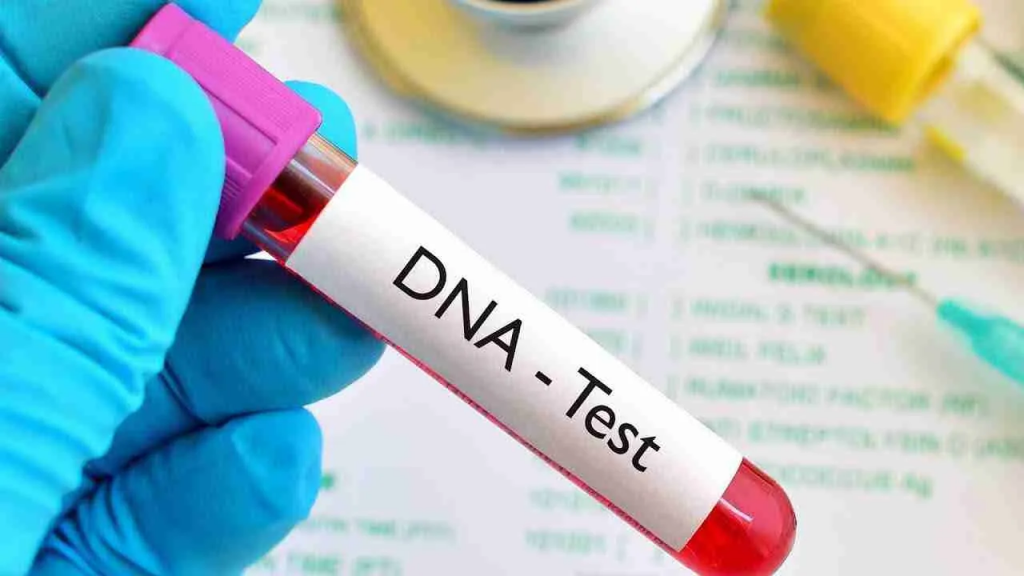DNA testing has transcended its origins in research labs to become accessible to the masses through commercial kits and clinical diagnostics. This article explores the different types of DNA testing, their applications, and the factors to consider when embarking on a genetic exploration journey.
Consumer DNA Testing Kits: A Snapshot of Ancestry and Traits:
Consumer DNA testing kits have democratized genetic insights. These kits provide users with reports about their ancestry composition, genetic traits, and potential health predispositions. While they offer a fun and accessible way to learn about one’s genetic heritage, their results should be interpreted with a degree of caution.
Health-Related DNA Testing: Clinical Applications and Diagnosis:
Health-related DNA testing extends beyond curiosity to clinical diagnostics. Clinical genetic testing is performed by healthcare professionals and can help diagnose genetic disorders, identify carrier status, and guide treatment decisions. This type of testing requires medical supervision and interpretation to ensure accurate results.
Considerations Before Testing: Accuracy and Privacy:
Before undergoing DNA testing, individuals should be aware of the limitations and accuracy of different testing methods. While commercial kits provide insights into ancestry and certain traits, clinical testing carries greater accuracy and diagnostic significance. Privacy concerns should also be addressed, as personal genetic data can have far-reaching implications.

Genetic Counseling: Navigating Results and Implications:
As DNA testing yields valuable information, it’s important to have a support system in place. Genetic counseling provides individuals with guidance on understanding results, potential health risks, and making informed decisions. This professional insight ensures that genetic testing results are interpreted accurately and responsibly.
Ethical Implications and Informed Consent:
Ethical considerations are paramount in the realm of DNA testing. Individuals should have a clear understanding of how their genetic data will be used, shared, and stored. xet nghiem nipt o ha noi consent ensures that individuals are aware of the potential implications of the information they’re seeking.
Conclusion:
The world of DNA testing is multifaceted, offering a range of insights from ancestry to health. Whether exploring genetic heritage through a consumer kit or undergoing clinical testing for medical reasons, individuals should approach DNA testing with awareness, consideration of accuracy, and a commitment to ethical practices. As technology continues to advance, the field of DNA testing holds exciting possibilities for both personal discovery and medical progress.
